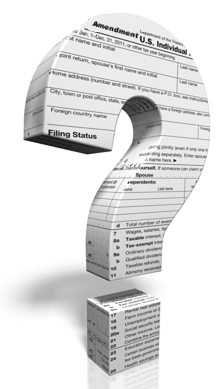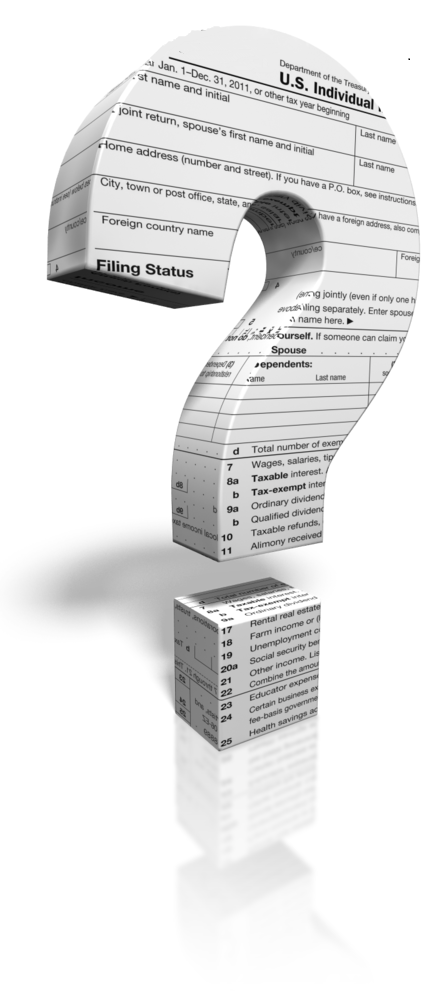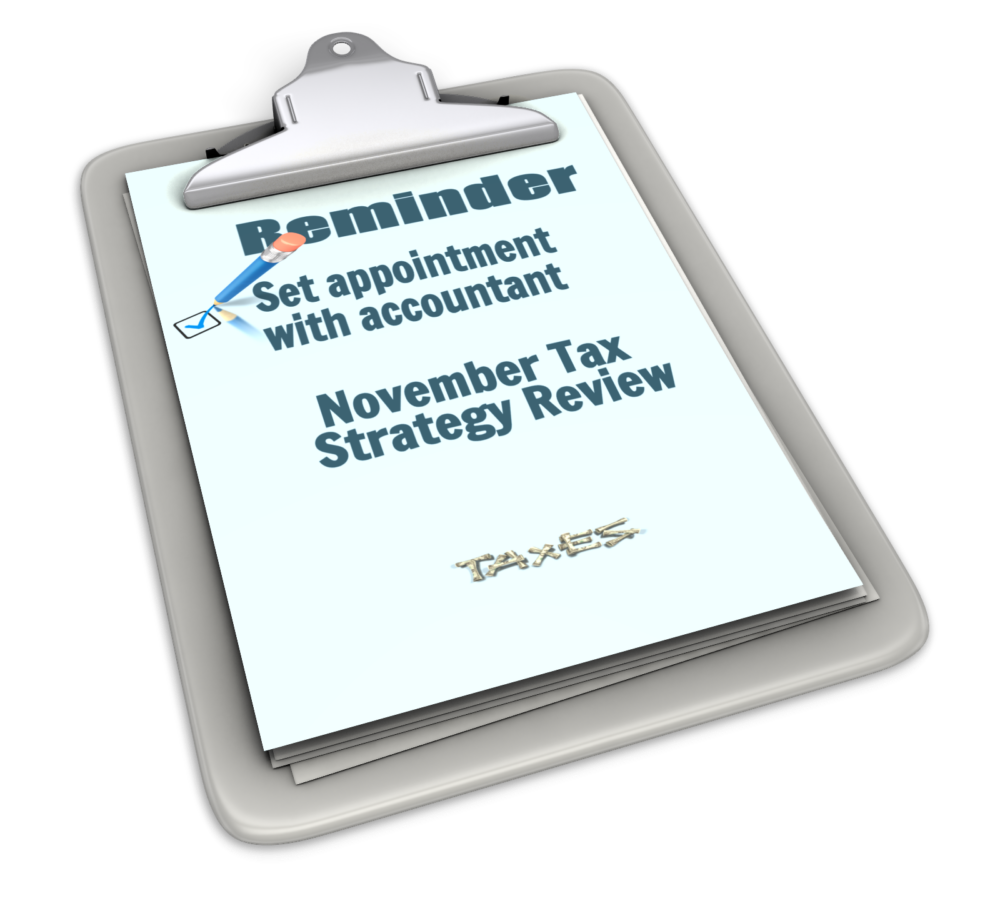There are many reasons that you may want to amend your tax return, although it may make more sense to amend your return if you are in one of the following situations.
Do you owe the IRS?
If, for whatever reason, you find that something was omitted from your tax return that will result in you owing any additional tax, you should file an amendment and provide the tax amount due as soon as possible. Why? Because if the IRS finds this omission before you do, it’s a good possibility that they will add interest and penalties to your tax bill.

Are you due a refund?
If there was an error made and you should have received a larger refund, you should file an amendment to claim that amount. However, there are actually a few different reasons that you may not want to file that amendment. The list below are several reasons that you may not want to file an amendment.
* Depending on when you find the error, it may be too late to file an amendment. As a general rule, the deadline to file an amendment is the later of 3 years after the original tax return was filed, or 2 years after the tax was paid for that year.
* Filing an amendment may create new problems. Most of the time when you file an amendment for your federal tax return, you will also have to file an amendment for your state return. Depending on how big that refund is, if the amendment goes back 2 or more years, it could create more work than it’s worth.
* It may take a while to receive your refund. When a return is originally filed the IRS tries it’s best to get your refund out in about 3 weeks. When it comes to an amended return all bets are off. It could take a few months and in rare cases, up to 18 months to process and receive your amended tax refund.
* An amendment may put you in the IRS spotlight. Your original tax return likely passed through the automated system at the IRS without any issues. When you file an amendment, you are guaranteed the IRS will take a closer look at your return. This could be a concern for those taking business or charitable deductions, as well as other credits, because it could trigger an audit.
* It extends your audit window. When an amendment is filed, you extend the time frame for an audit. Generally, the IRS has a 3 year window to request changes and audit tax returns.
You will need to weigh the pros and cons of filing an amendment. Will the extra money you get be worth the potential problems the amendment may cause?
.png?width=190&height=122&name=Summit-Virtual-CFO_color_rgb%20(1).png)














Leave a comment